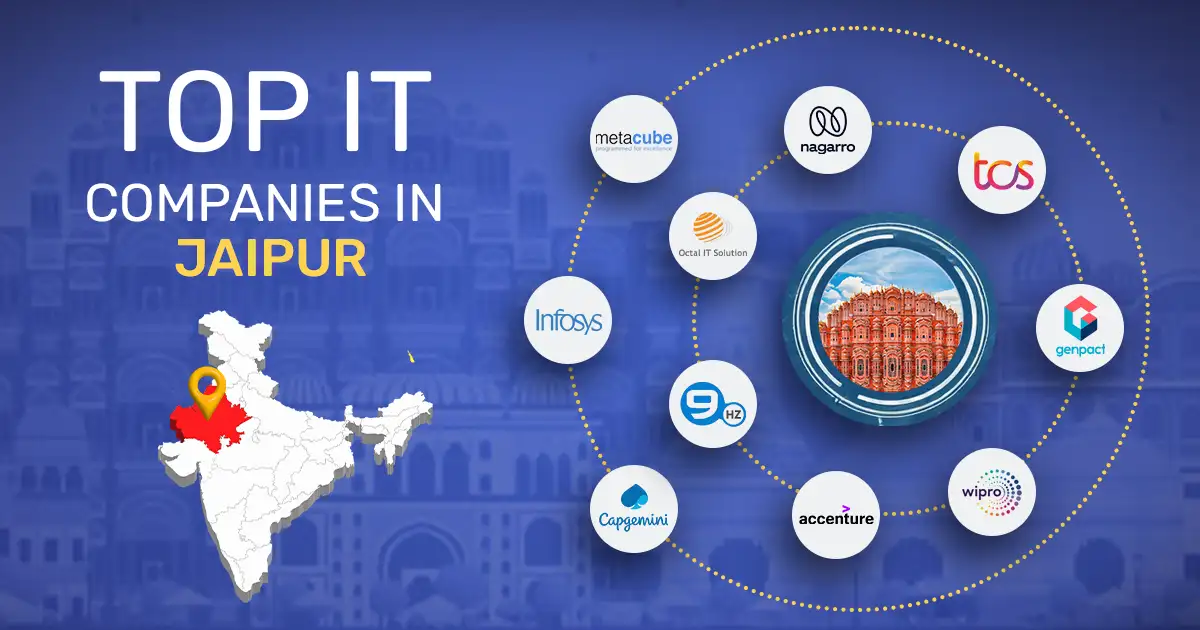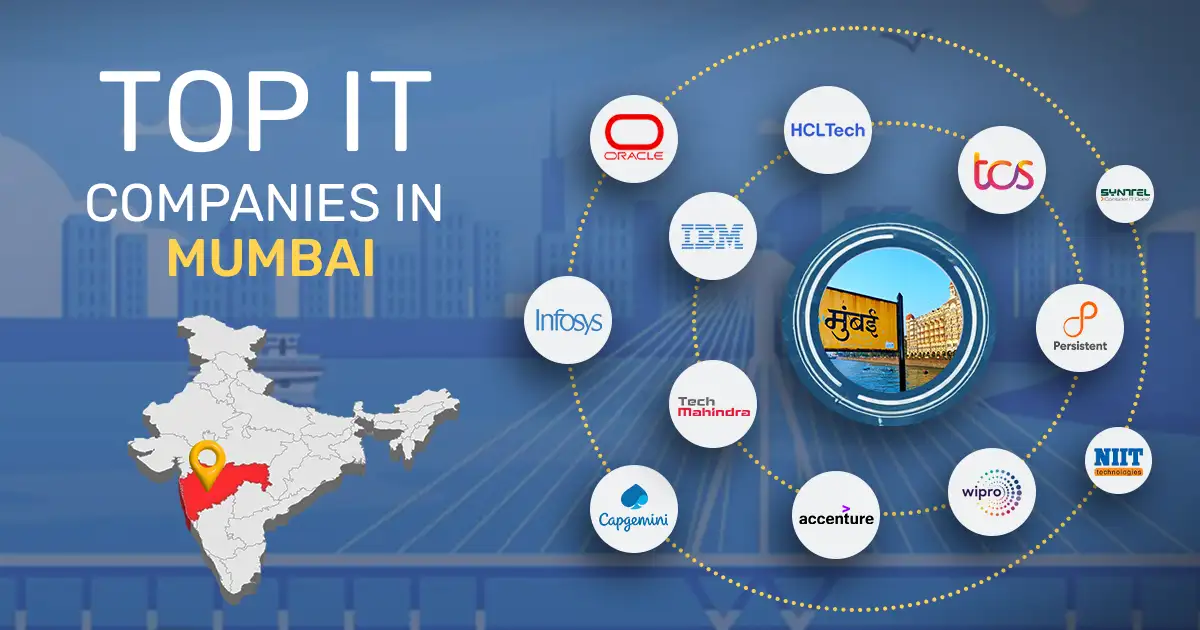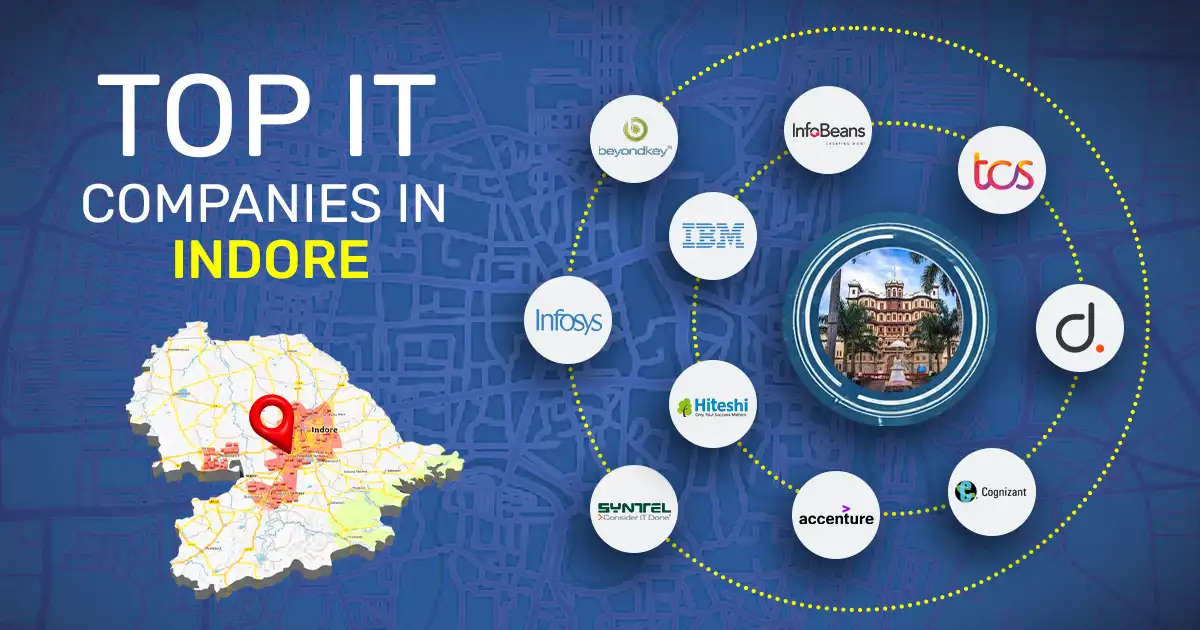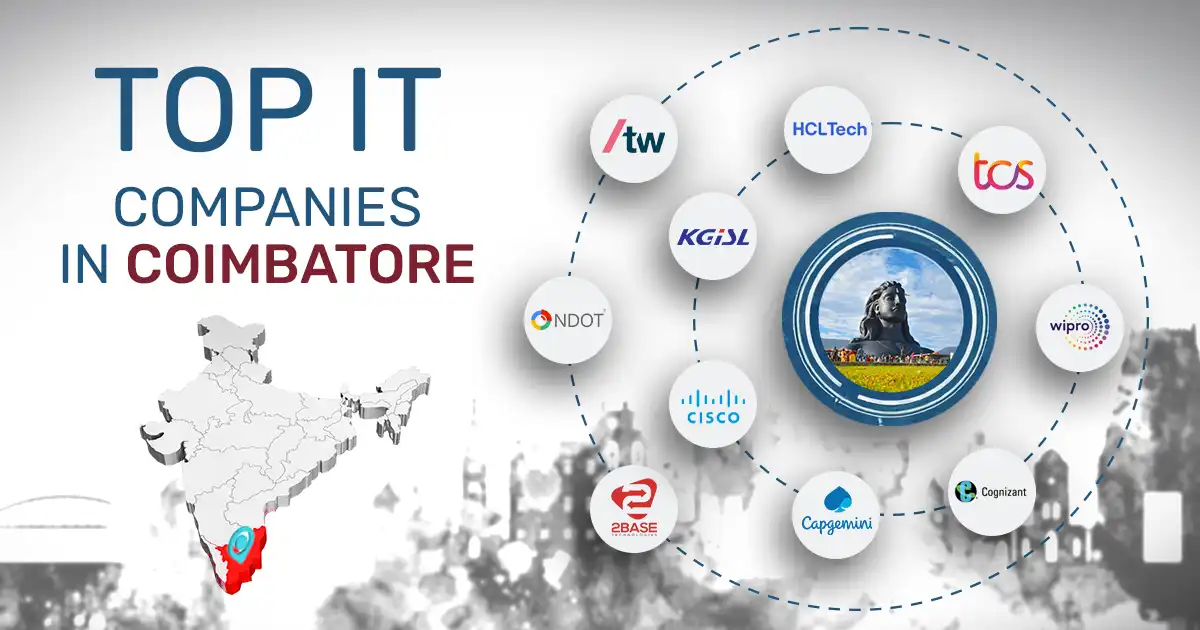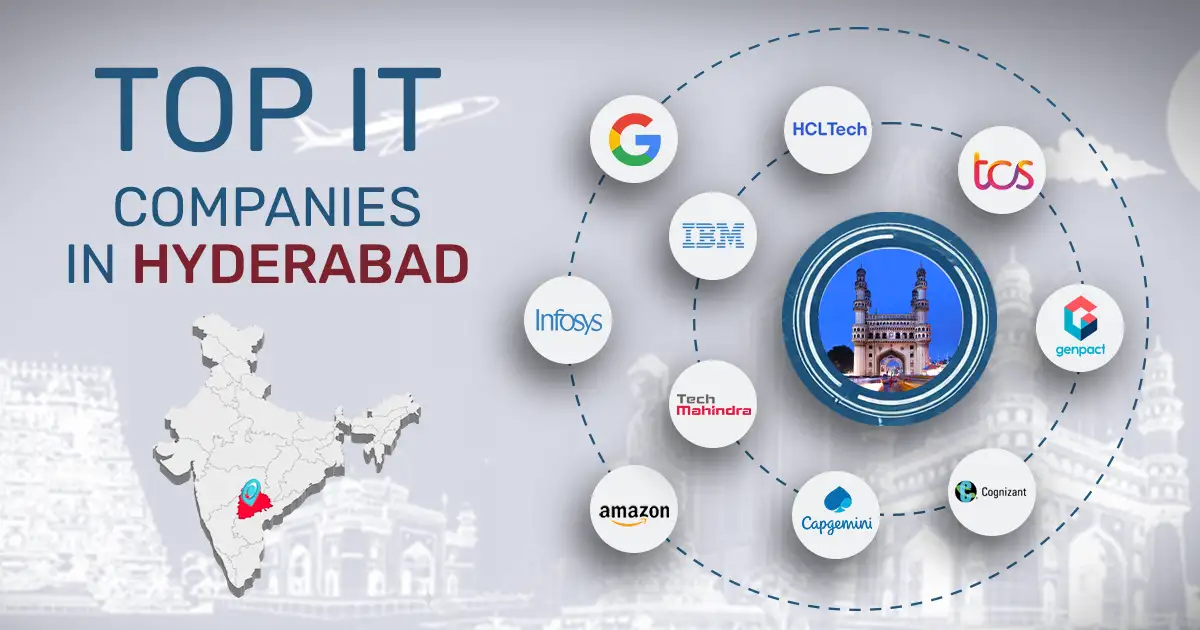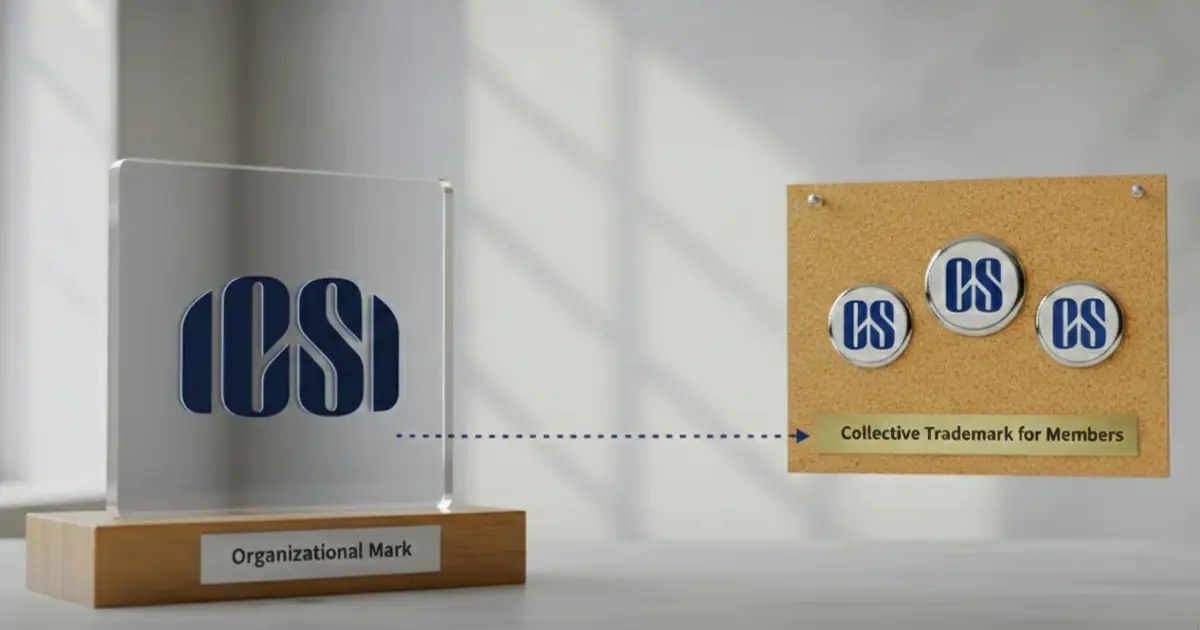Setting up a company in Singapore is a straightforward process, and Indian nationals will find the requirements clear and achievable. The ACRA oversees company incorporation, ensuring a robust and transparent system.
1. Minimum Age and Legal Capacity
Any individual intending to be a director or shareholder of a Singapore company must be at least 18 years old and of full legal capacity. This means they must be mentally sound and not under any legal disability that would prevent them from entering into contracts or making binding decisions.
2. Requirement for at Least One Resident Director
This is a crucial requirement for all Singapore companies. Every company must have at least one director who is "ordinarily resident" in Singapore. For Indian nationals, this typically means:
- Singapore Citizen
- Singapore Permanent Resident (PR)
- EntrePass Holder (a visa specifically for foreign entrepreneurs setting up businesses in Singapore)
- Employment Pass (EP) Holder (though EP holders require a Letter of Consent (LOC) from the Ministry of Manpower (MOM) before being appointed as a director).
If an Indian national does not meet any of these residency criteria, they will need to appoint a nominee resident director through a corporate service provider.
3. Minimum Share Capital (SGD 1)
Singapore has one of the most accessible minimum share capital requirements globally. A company can be incorporated with a minimum paid-up capital of just SGD 1 (Singapore Dollar One) or its equivalent in any other currency. This makes it highly feasible for startups and small businesses from India to establish a presence without significant initial capital outlay. The share capital can be increased at any time after incorporation.
4. At Least One Shareholder (Can be 100% Foreign-Owned)
A Singapore company must have at least one shareholder. There is no maximum limit for private limited companies (up to 50 shareholders). Importantly for Indian businesses, Singapore allows for 100% foreign ownership. This means Indian individuals or corporate entities can fully own a Singapore-registered company without requiring any local shareholder participation. Shareholders can be individuals or corporate entities and do not need to be Singapore residents.
5. Mandatory Company Secretary
Every Singapore company is legally required to appoint a company secretary within six months of its incorporation. The company secretary must be a natural person and ordinarily resident in Singapore. The sole director of the company cannot also be the company secretary. This role is vital for ensuring compliance with the Companies Act and maintaining accurate corporate records. Many Indian businesses engage professional corporate secretarial service providers to fulfill this requirement.
6. Registered Local Office Address
All Singapore companies must have a registered local office address in Singapore. This must be a physical address, not a P.O. Box. This address serves as the official point of contact for all communications and notices from government agencies and where the company's statutory records and registers are kept.
The registered office must be accessible to the public for at least three hours during ordinary business hours on each business day. It's important to note that the registered office address does not necessarily have to be the actual place of business operations.
7. No Disqualification from Being a Director (e.g., bankruptcy, fraud)
To be a director, an individual must not be disqualified. Common reasons for disqualification include:
- Being an undischarged bankrupt.
- Having been convicted of an offense involving fraud or dishonesty that carries an imprisonment term of three months or more.
- Having been convicted for three or more filing-related offenses under the Companies Act within five years.
- Having three or more High Court Orders made against them, compelling compliance with the Companies Act within five years.
- Having three or more of their companies struck off the register by ACRA within five years.





